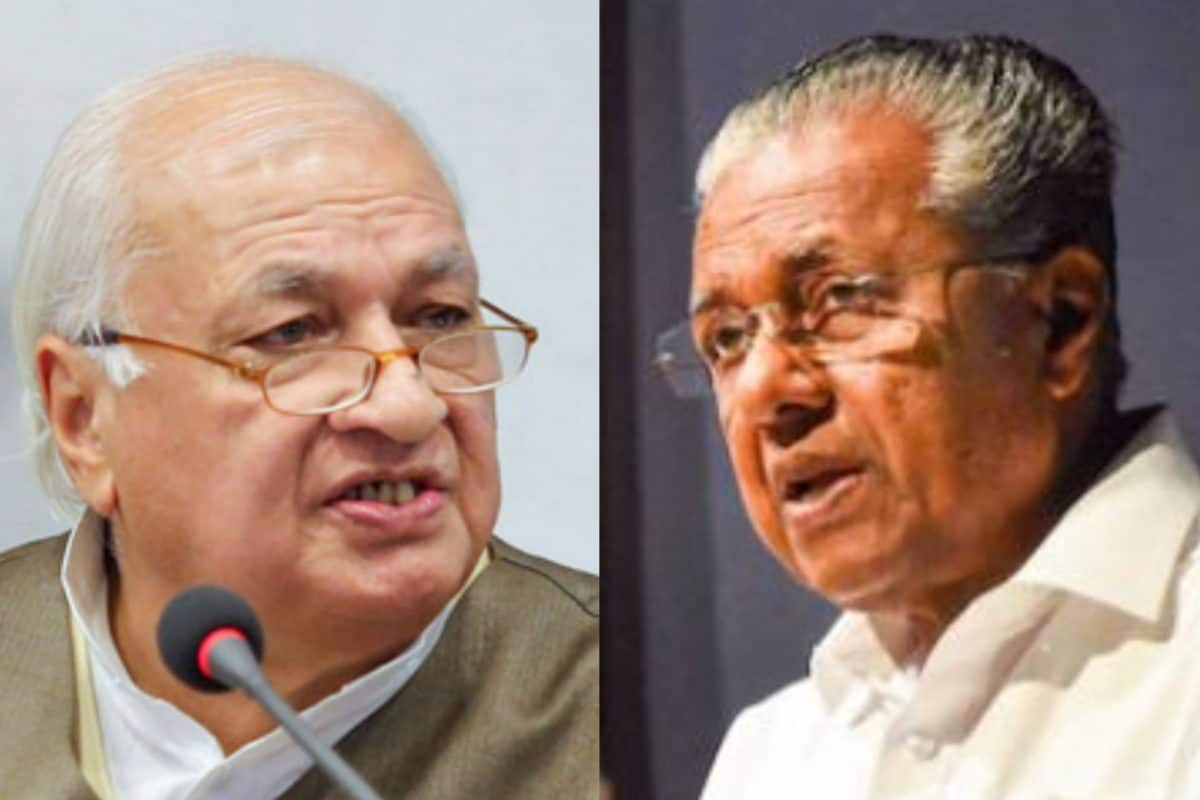Note4Students
From UPSC perspective, the following things are important :
Prelims level: Article 155
Mains level: conduct of Governors in Opposition-ruled States

Central Idea:
The conduct of Governors in Opposition-ruled States, exemplified by the recent actions of Kerala’s Governor, raises concerns about adherence to constitutional morality, necessitating a reevaluation of their roles and legal consequences.
Key Highlights:
- Kerala’s Governor, Arif Mohammed Khan, faced criticism for instructing the removal of posters and accusing the Chief Minister of supporting activists against him.
- Breaches of protocol, such as an unannounced tour of Kozhikode, added to the growing trend of Governors’ controversial actions.
- While the Constitution outlines functions, powers, and duties of Governors, the concept of constitutional morality should guide their public behavior.
- Reference to NCT of Delhi v. Union of India highlights the responsibility of individuals occupying constitutional offices.
- Article 361 provides limited immunity for Governors, exempting them from court scrutiny for official acts.
- Rameshwar Prasad v. Union of India establishes judicial review for cases of Governor’s motivated and whimsical conduct, suggesting accountability.
- Kaushal Kishor v. State of Uttar Pradesh clarifies that public functionaries’ freedom of expression is subject to reasonable restrictions.
- Ministers can be held personally liable for statements inconsistent with government views, emphasizing personal responsibility.
- Sarkaria Commission Report (1988) criticized Governors for lacking impartiality and becoming agents of the Union, emphasizing the need for detachment.
- Justice M.M. Punchhi Commission (2010) recommended restricting Governors from roles not envisaged by the Constitution, citing potential controversies.
Key Challenges:
- Governors’ failure to display impartiality and sagacity, engaging in local politics and controversies.
- Lack of adherence to recommendations for detached roles and limitations on Governors’ powers.
Key Terms and Phrases:
- Constitutional morality
- Limited immunity (Article 361)
- Judicial review
- Chancellorship of universities
- Sarkaria Commission
- Punchhi Commission
- Democratic legitimacy
- Raj Bhavans
Key Quotes:
- “Constitutional morality places responsibilities and duties on individuals who occupy constitutional institutions and offices.” – NCT of Delhi v. Union of India (2018)
- “Some Governors have failed to display the qualities of impartiality and sagacity expected of them.” – Sarkaria Commission Report (1988)
- “The Governor should be a detached figure and not too intimately connected with the local politics of the State.” – Justice M.M. Punchhi Commission report (2010)
Key Statements:
- Judicial review possible for Governor’s misbehavior unconnected with official duty.
- Sarkaria and Punchhi Commission reports emphasize the need for Governors’ impartiality and limited involvement in local politics.
- Kerala Assembly’s attempt to abolish Governor’s chancellorship raises concerns about democratic legitimacy.
Critical Analysis:
- The Governor’s actions in Kerala highlight a deviation from democratic norms and raise questions about the democratic legitimacy of gubernatorial decisions.
- Commission reports expose longstanding issues with Governor appointments and their roles, calling for systemic changes.
Way Forward:
- Future regimes should consider amending Article 155 to ensure Chief Minister consultation in Governor appointments, addressing recommendations from the Sarkaria report.
- Establishment of an independent body for Governor selection, with input from the Chief Justice of India, may enhance the quality of the selection process.
- Legal prohibitions against Governors’ further rehabilitation in official capacities could contribute to improving the functioning of Raj Bhavans.
Get an IAS/IPS ranker as your 1: 1 personal mentor for UPSC 2024
